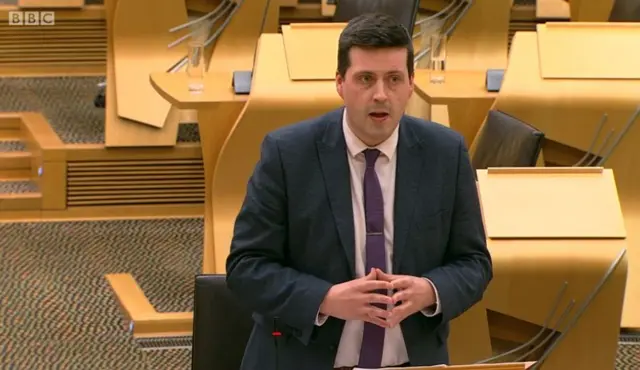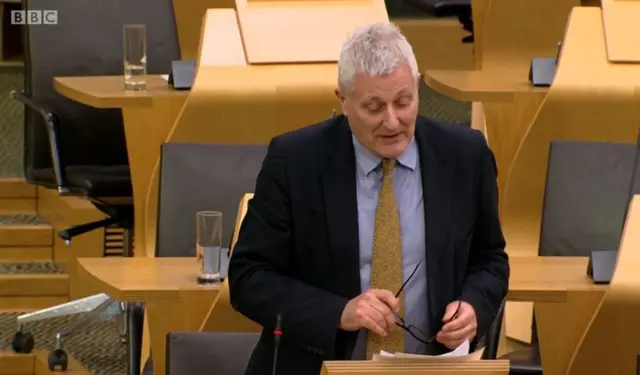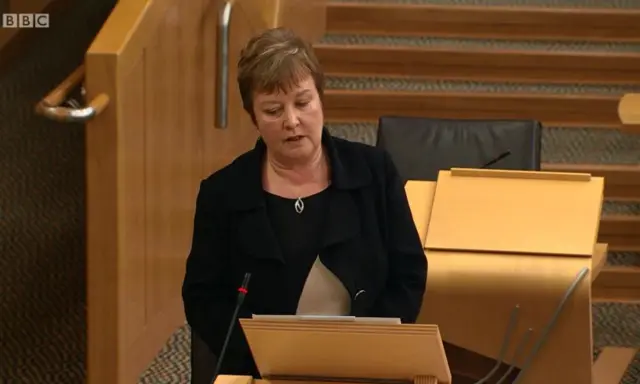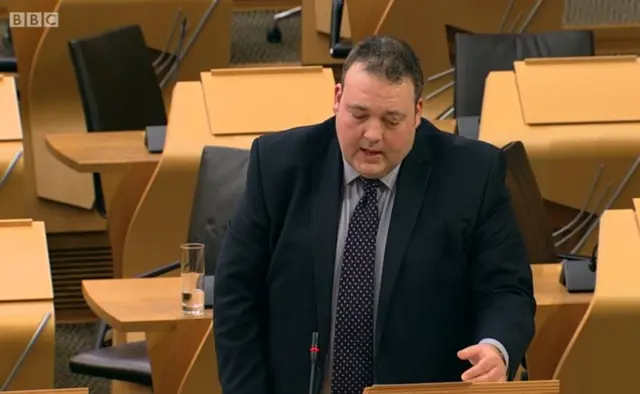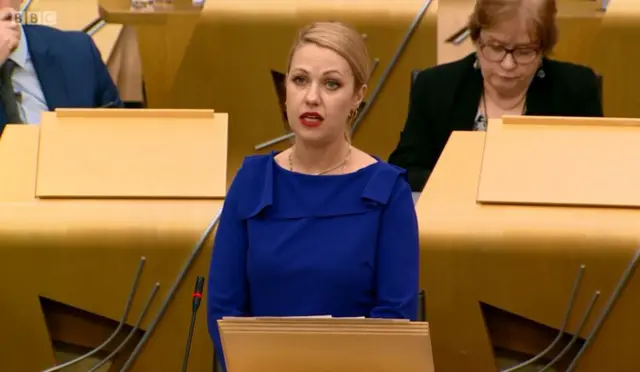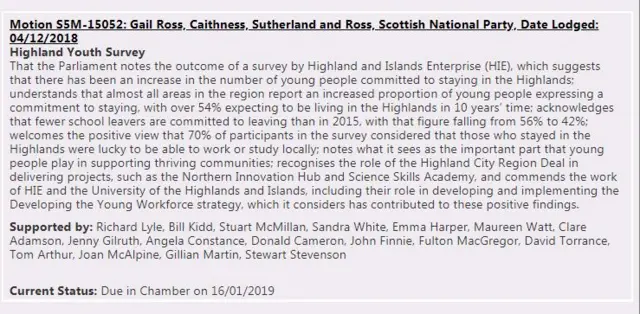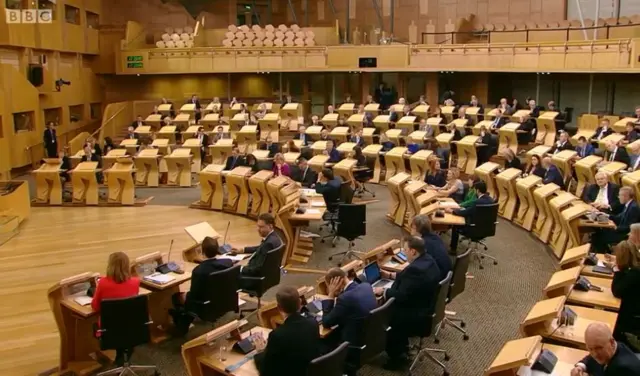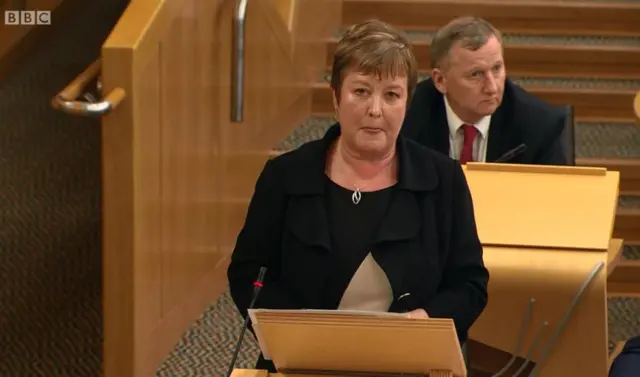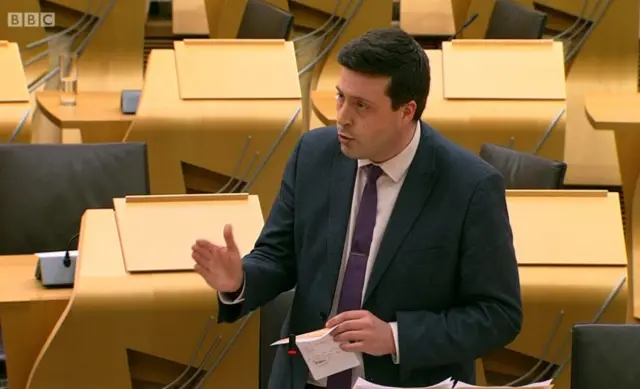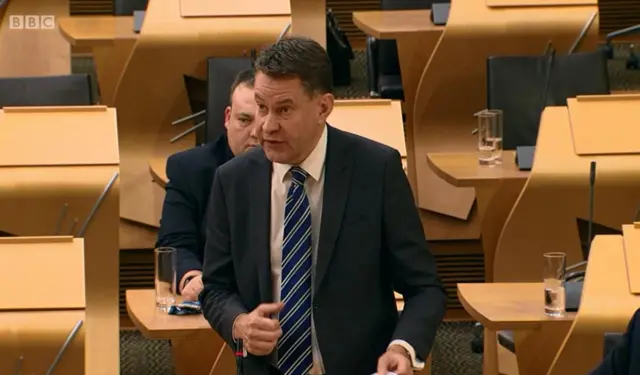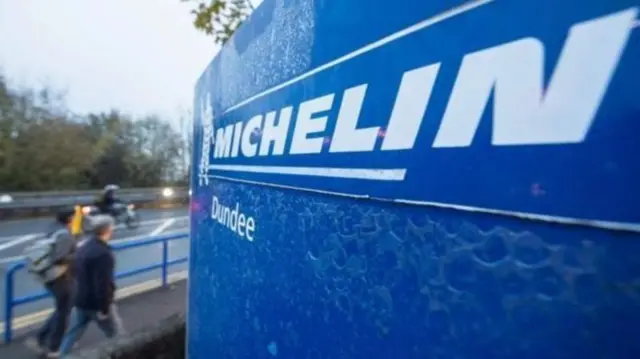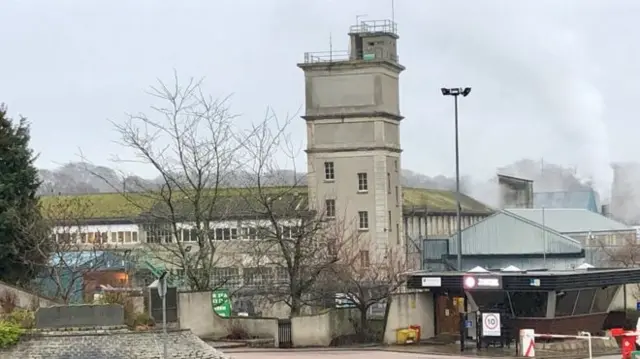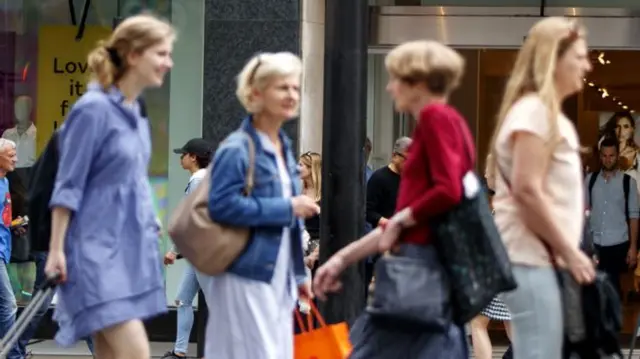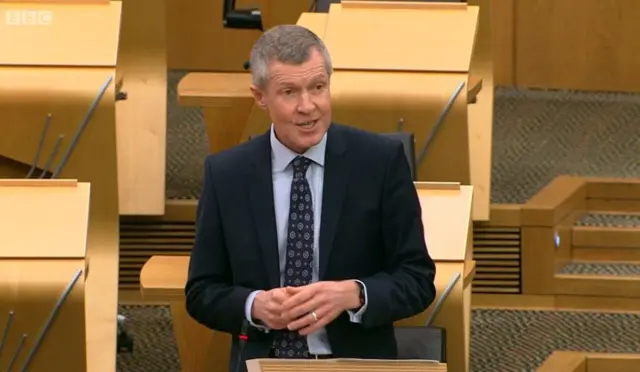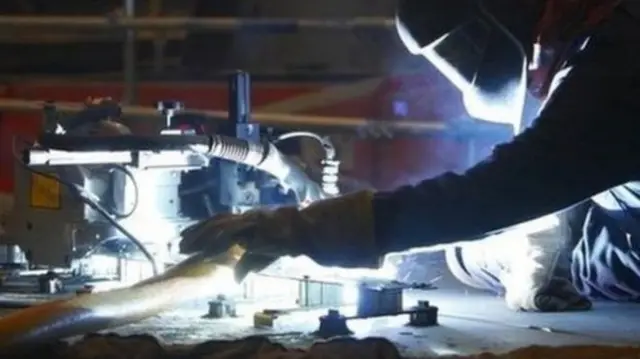That's all from Holyrood Live!published at 18:05 GMT 16 January 2019
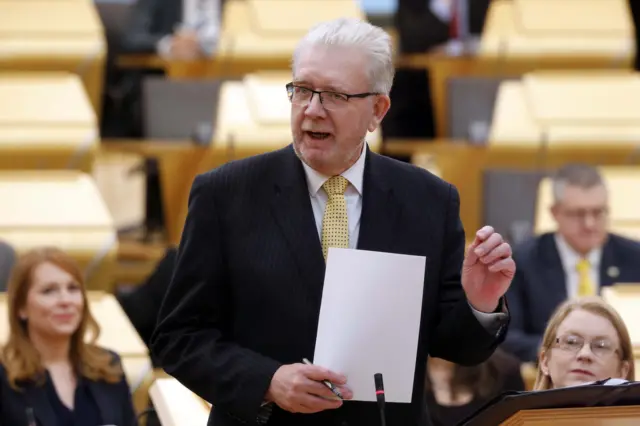 Image source, Andrew Cowan
Image source, Andrew CowanBrexit Secretary Mike Russell
That's all from Holyrood Live on Wednesday 16 January 2018.
MSPs clashed over the outcome of Theresa May's historic defeat over her Brexit deal at Holyrood, with the Brexit Secretary Mike Russell dismissing the Tory position as "self-deluding mince".
Tory MSP Adam Tomkins charged opponents of her plan with "making a no-deal Brexit all the more likely".
Mr Russell said there was "stalemate in that crumbling palace by the Thames".
He said that "in a normal political world, the scale of this defeat would have led to the immediate resignation of the government or at least its leader".
Mr Russell also said the Scottish government was stepping up planning for the possibility of the UK leaving the EU without a deal.
